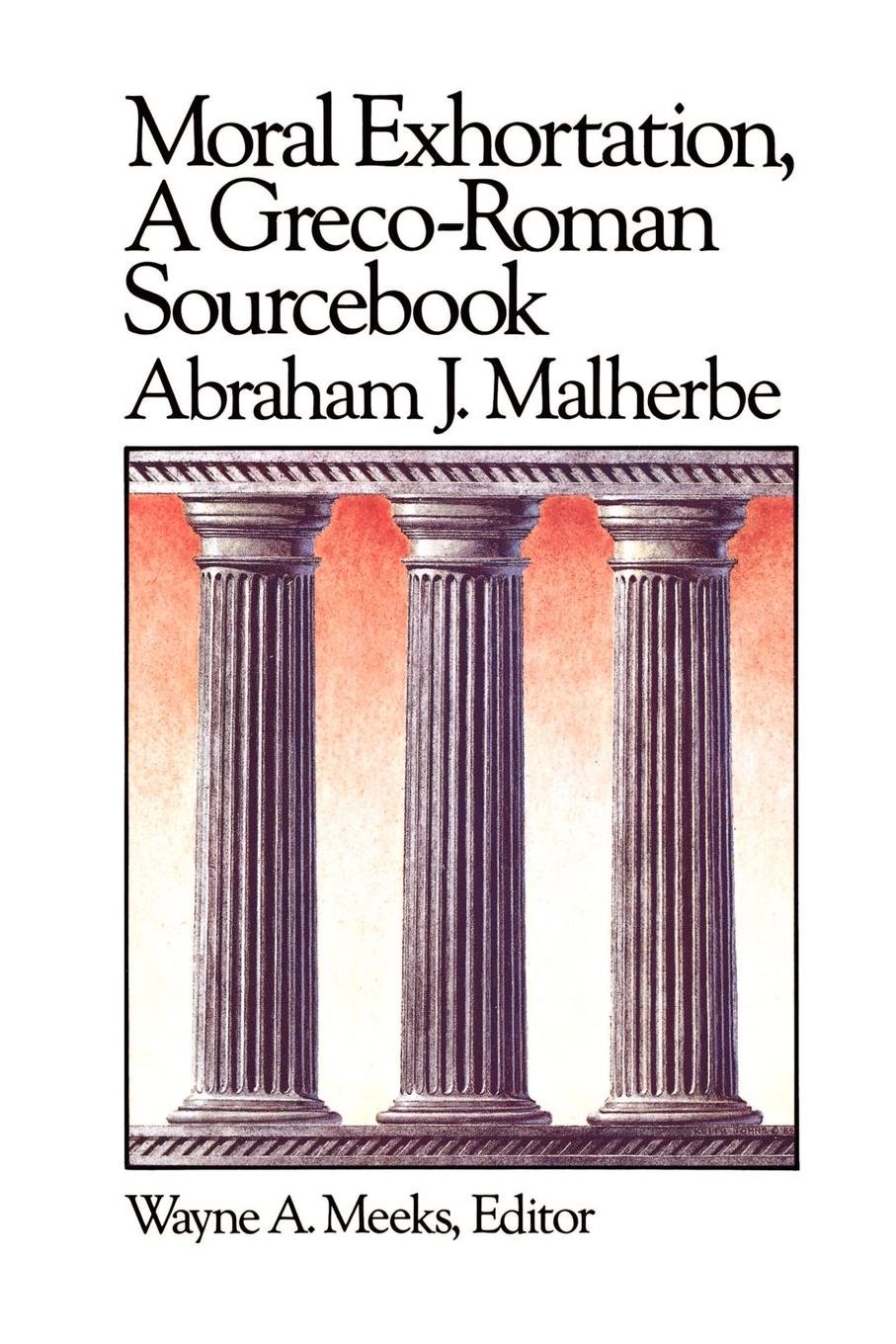This book is essentially a collection of short abstracts of various Greco-Roman philosophers' writings, arranged around themes that have some relation to the social environment in which the New Testament was written. Reading these extracts in conjunction with the biblical passages to which Malherbe refers can be somewhat illuminating, especially when it comes to seeing how Paul and other writers used rhetorical devices similar to thinkers of their day. At the same time, one wonders to what extent said devices are used by just about anyone.
A few things become evident in reading the extracts. One is that, contrary to what I've read elsewhere, the selections Malherbe has chosen seem to show a set of philosophers very much concerned with morality--including, most notably, sexual morality. Romans come across as quite conservative per the selections chosen--adultery is discouraged and even fornication, as are homosexual relations. I end up wondering, however, to what extent these selections speak to the actual environment of the day. Mahlerbe, in fact, may be drawing largely from Stoic philosophy for those passages, and as such, a more conservative view certainly makes sense, since the Stoics were all about "denying the self" in a sense. In fact, it's easy to see how (gnostic) religion inevitably seems to advocate either aestheticism or its opposite when under the influence of such ideas, because both in essence argue that the physical should not be our focus.
Another major thing that becomes obvious, I have already denoted--that the structures of writing often are similar between Christians and philosophers. In this regard, one of the more interesting sets of extracts have to do with extended metaphors. As Paul uses metaphors to racing (sports), war, and the body (for unity), so too do the philosophers. One could say that such shared metaphorical ideas show that the concepts were common in the society at the time, but I also ended up thinking about how such ideas likely aren't unique to just the time period, that even without such metaphors in scripture or other ancient writings, writers today would likely come up with similar ideas.
Although the extracts are interesting and the summaries useful, this is indeed a sourcebook--Malherbe largely stays in the background, and the book doesn't build to any kind of crescendo in terms of its contents.
Subscribe to:
Post Comments (Atom)







No comments:
Post a Comment